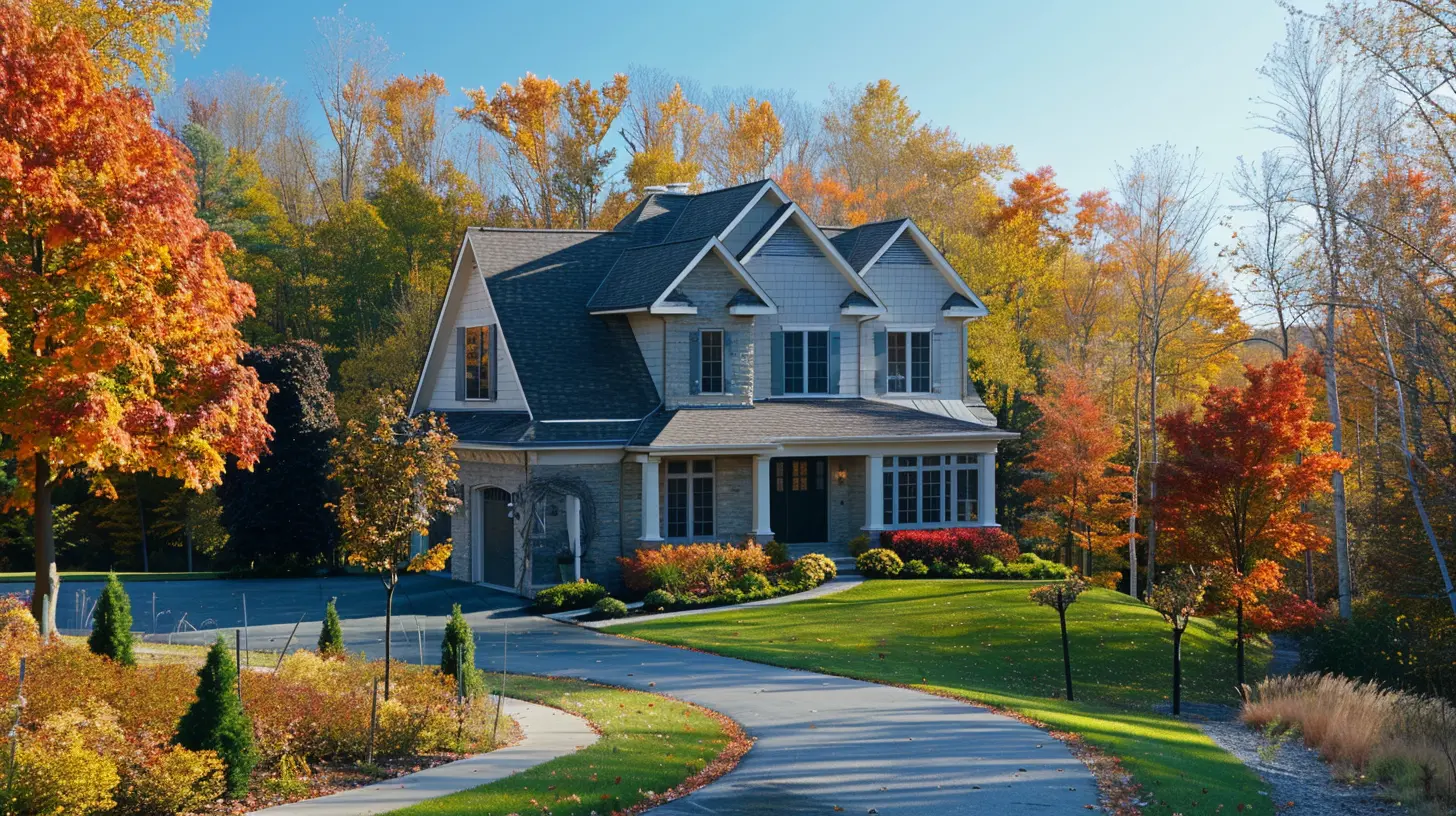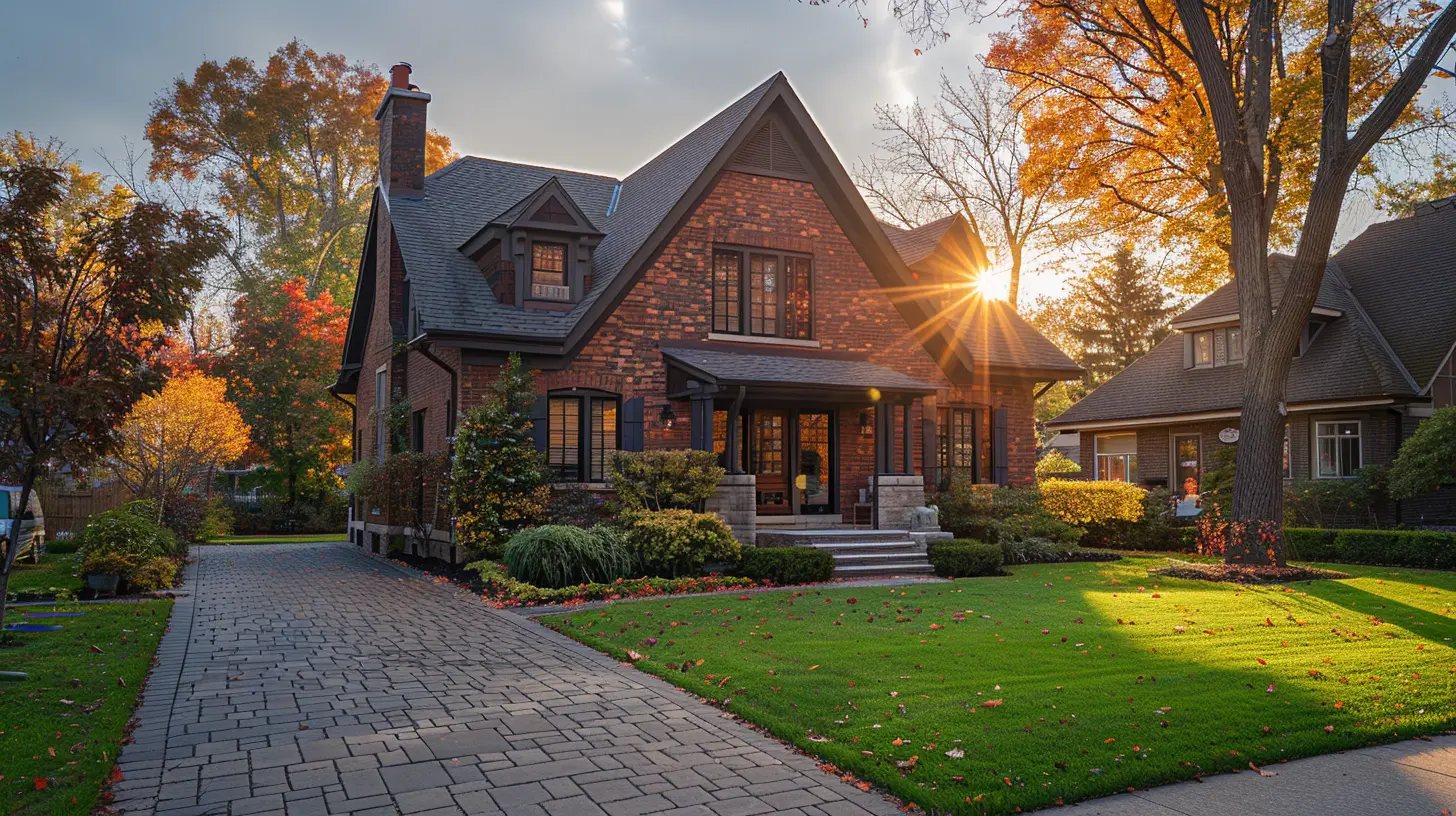House Hacking: A Smart Strategy for Aspiring Real Estate Investors
11 July 2025
When it comes to real estate investing, most people assume they need piles of cash, flawless credit, and years of experience. But what if I told you there’s a way to start investing in real estate with minimal money down while reducing living expenses? Sounds like a dream, right? Welcome to house hacking—a strategy that has helped countless aspiring investors get their foot in the door without breaking the bank.
In this guide, we’ll dive deep into what house hacking is, how it works, and why it might be the smartest real estate move you can make. 
What Is House Hacking?
House hacking is a real estate investment strategy where you live in a property while generating rental income from it. The idea is simple: you purchase a property (usually a multi-family home, duplex, triplex, or even a single-family home with extra rooms) and rent out the other units or spaces. The rental income helps cover your mortgage, taxes, insurance, and possibly even puts money in your pocket.In short, you live for free—or at least much cheaper than you would otherwise.
The Different Ways to House Hack
Not all house hacks look the same. Here are a few popular ways investors make it work:- Multi-Family House Hacking – Buying a duplex, triplex, or fourplex and living in one unit while renting out the others.
- Single-Family House Hacking – Renting out extra bedrooms in a single-family home to roommates.
- ADU (Accessory Dwelling Unit) House Hacking – Living in the main house and renting out a basement unit, guest house, or garage apartment.
- Short-Term Rental House Hacking – Using platforms like Airbnb to rent out spare rooms or units on a short-term basis.
Regardless of the method, the goal remains the same—use rental income to offset housing costs and build wealth over time. 
Why House Hacking Is a Smart Strategy for Investors
You might be wondering, "Is house hacking really worth it?" The short answer: absolutely! Here’s why it’s one of the best ways to get started in real estate investing.1. Lower (or Eliminate) Your Housing Costs
Housing is one of our biggest expenses. Imagine reducing or even eliminating that cost while also building equity. By house hacking, your tenants contribute to your mortgage, turning an expense into an investment opportunity.2. Low Barrier to Entry
Traditional real estate investing often requires hefty down payments (typically 20-25%). But since house hackers live in the property, they can take advantage of owner-occupied financing, which allows for much lower down payments—sometimes as little as 3-5% with loans like FHA or conventional 3% down programs.3. Build Wealth Through Real Estate
As time passes, your property will likely appreciate in value, helping you build equity. Meanwhile, your tenants are essentially paying down your mortgage. Over time, this could set you up for financial freedom.4. Tax Advantages
Real estate investors enjoy several tax benefits, and house hacking is no exception. You may be able to write off mortgage interest, property taxes, maintenance, and even depreciation, reducing your taxable income.5. Valuable Landlord Experience
House hacking allows you to dip your toes into real estate investing without taking on a full-fledged investment property. Since you’ll be living on-site, it’s easier to manage tenants, learn essential landlord skills, and handle minor maintenance issues firsthand.
The Step-By-Step Guide to House Hacking
Step 1: Determine Your Budget
Just like with any real estate purchase, the first step is to determine how much home you can afford. Speak with a lender to get pre-approved and explore loan options that work best for house hacking.Step 2: Choose the Right Property
Not all properties make great house hacks. Look for:✔️ Multi-family homes (duplexes, triplexes, fourplexes)
✔️ Homes with accessory dwelling units (ADUs)
✔️ Single-family homes with extra bedrooms
✔️ Properties in high-demand rental markets
Ideally, your rental income should cover a significant portion of your housing expenses.
Step 3: Analyze the Numbers
Before buying, run the numbers. Consider:- Mortgage payment (principal, interest, taxes, insurance)
- Rental income potential
- Operating expenses (maintenance, vacancies, utilities, etc.)
- Cash flow projections
A good rule of thumb is the 1% rule—your monthly rent should be at least 1% of the home’s purchase price.
Step 4: Secure Financing
Since you’ll be living in the property, you can take advantage of owner-occupied loan programs:- FHA Loan (3.5% down)
- Conventional Loan (3-5% down)
- VA Loan (0% down, for eligible veterans)
- USDA Loan (0% down, for rural areas)
These loans allow you to buy with minimal out-of-pocket costs compared to traditional investment loans.
Step 5: Rent Out the Extra Space
Once you’ve closed on the property, it’s time to find tenants. List your available units or rooms on rental platforms like Zillow, Craigslist, Apartments.com, or Airbnb if you’re going the short-term rental route.If you’re renting long-term, make sure to screen tenants properly—check credit, rental history, and income to ensure they’re reliable.
Step 6: Manage & Maintain the Property
House hacking means you’ll be living on-site, so you’ll need to act as the landlord. Be prepared to:- Collect rent
- Handle minor repairs
- Resolve tenant issues
- Enforce lease agreements
If managing the property is too much, consider hiring a property manager or using rental management software. 
Common Challenges & How to Overcome Them
House hacking isn’t all sunshine and cash flow—there are challenges, too. Here’s what to watch out for:1. Tenant Issues
Screen tenants carefully to avoid late payments, damages, or conflicts. Clear lease agreements and setting expectations early can prevent most problems.2. Privacy Concerns
Sharing space with tenants can feel intrusive, especially in single-family homes. To maintain privacy, consider renting self-contained units or separate entrances.3. Upfront Costs
Even with low down payments, you’ll still need closing costs, reserves, and potential repairs. Make sure to have a financial cushion.4. Landlord Responsibilities
Being a landlord comes with legal and financial obligations. Research landlord-tenant laws, understand fair housing regulations, and consider taking a landlord course.Is House Hacking Right for You?
House hacking isn’t for everyone, but it’s a game-changer for those looking to start real estate investing with minimal money down. If you’re willing to live with tenants, manage a property, and think long-term, it could be one of the smartest financial moves you ever make.Many successful real estate investors started their journey with house hacking, using it as a stepping stone to build a rental portfolio. If you’re serious about growing wealth through real estate, this strategy is worth considering.
Final Thoughts
Real estate investing can feel intimidating, but house hacking flips the script by making it accessible and affordable. Instead of throwing money away on rent, why not turn your home into an income-generating asset?If you're ready to take the leap, start researching markets, crunching numbers, and looking for the perfect property. Who knows? A few years from now, you could be well on your way to financial freedom, one house hack at a time.
all images in this post were generated using AI tools
Category:
Investment PropertiesAuthor:

Kingston Estes
Discussion
rate this article
1 comments
Rivera McCune
Unlock your financial freedom with house hacking! Transform your home into a money-making asset and pave your path to real estate success today!
July 25, 2025 at 11:50 AM

Kingston Estes
Absolutely! House hacking is a game-changer for building equity and generating income—essential for any aspiring investor!


